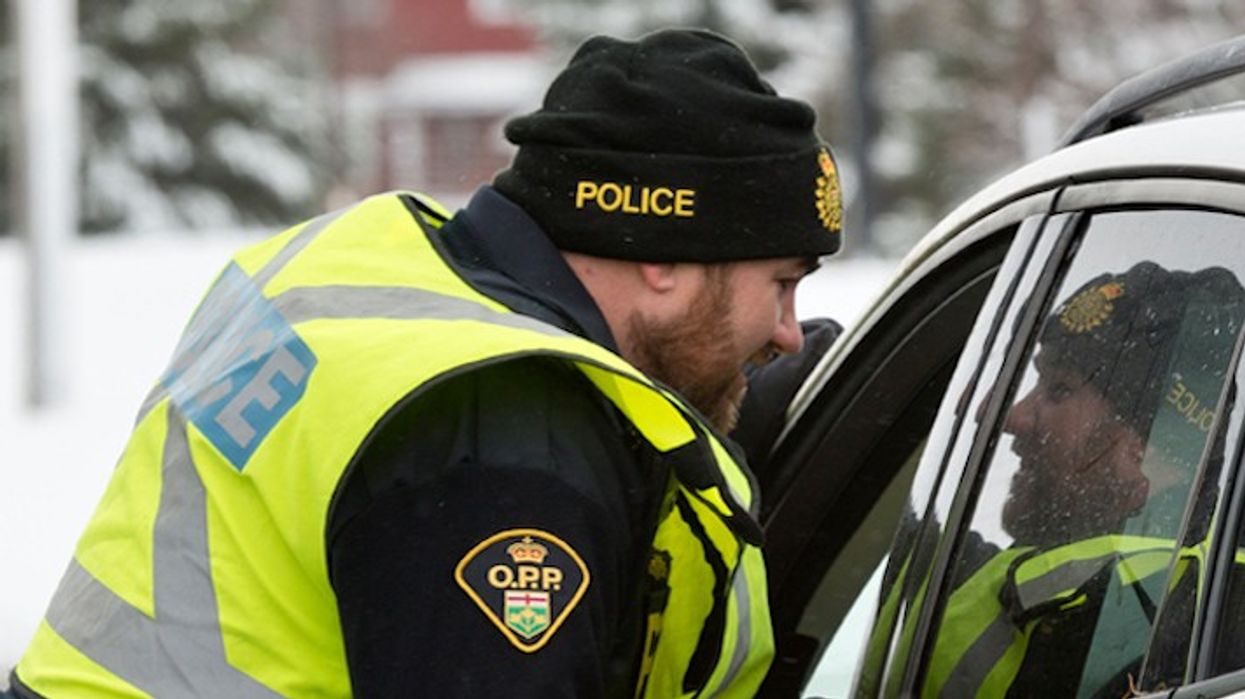If you face any charges for violating Ontario's coronavirus state of emergency orders and you refuse to identify yourself to an enforcement officer, you could face steep fines for non-compliance.
The temporary power, which was approved through an emergency order this week, will force individuals to provide their name, date of birth, and address to a provincial offences officer, which includes police officers, First Nations constables, special constables, and municipal by-law enforcement officers.
RELATED:
According to the province, anyone charged with an offence under the Emergency Management and Civil Protection Act (EMCPA) will now be required to identify themselves if asked.
As with other offences created under the state of emergency, the penalties for not providing proper information when ordered starts with a $750 fine for failure to comply with an order made under the EMCPA or $1,000 for obstructing.
But fines can go up to $100,000 for an individual who fails to comply with an emergency order or punishments of up to one-year imprisonment, while a director of a corporation could face $500,000 or $10,000,000 for a corporation itself if a provincial offences officer charges the individual by issuing a summons.
These penalties apply in addition to the penalties for breaching other emergency orders.
"It is essential that measures are in place to allow provincial offences officers to lawfully require an individual to disclose their correct name, date of birth and address in order to protect our communities," said Sylvia Jones, Solicitor General in a statement.
"By providing provincial offences officers with this temporary power to obtain identifying information under the EMCPA, they will be able to enforce emergency orders during these extraordinary times."
Emergency orders currently in place include the closure of non-essential businesses, prohibiting organized public events and social gatherings of more than five people, and stopping price gouging on necessary goods such as disinfectant products.





















